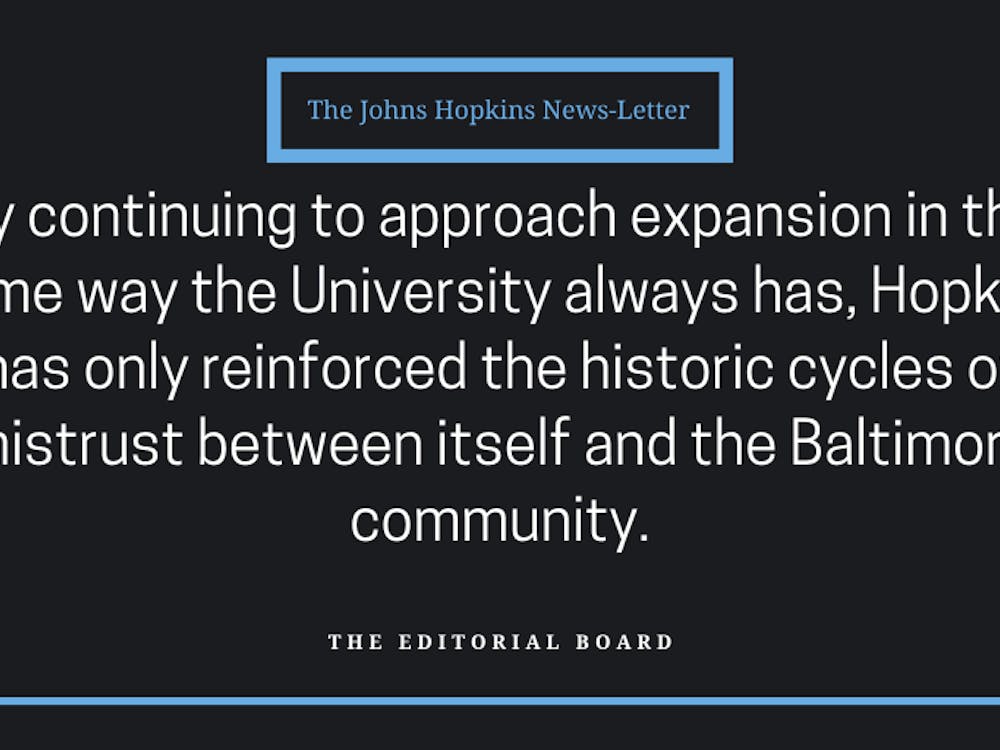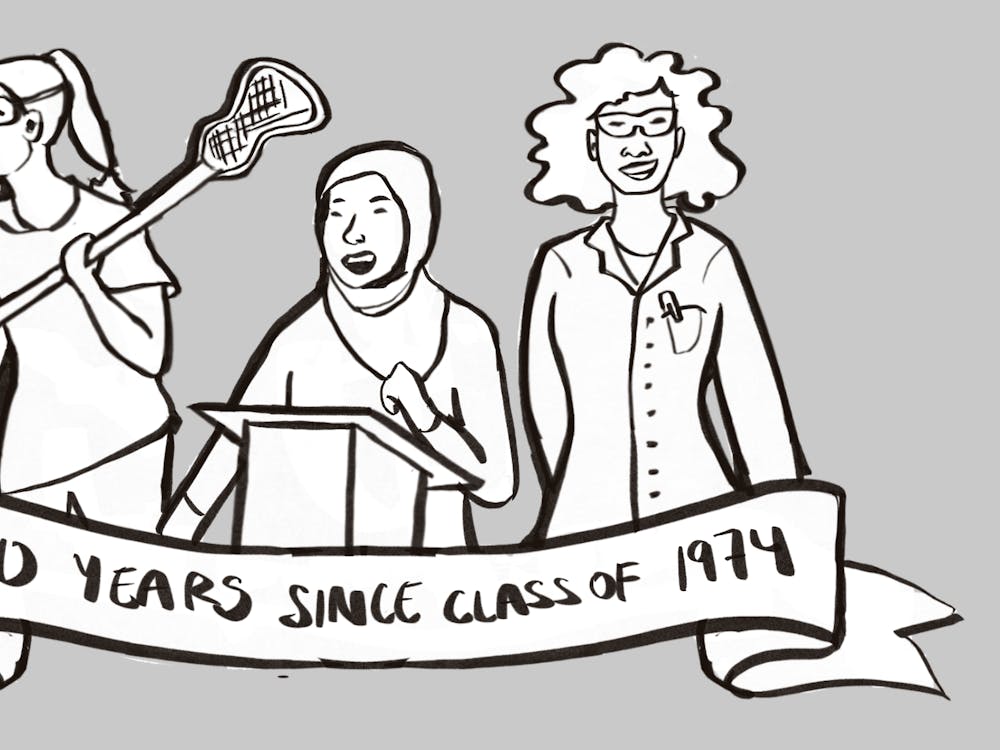We college students are often referred to as “Generation Y,” underwhelmingly defined as technology-frenzied, over-parented, high-spirited, and entitled. The last generation of young adults in our country were associated with technological advancements and praised for their innovation. But in Generation Y, these innovations have transformed into an invasion so pervasive that it distorts the expectations and understanding of social interactions in today’s society.
Many have discussed the repercussions of Facebook, Twitter, Instagram, etc., in relation to the development of young teenagers. In 2011, the National Center on Addiction and Substance Abuse at Columbia University presented a national survey reflecting that students engaged with social media outlets were three times more likely to participate in underage drinking, and twice as likely to smoke marijuana. A virtual cyber society pressures minors to be apart of a certain social scene, influencing their behavior.
One problem is that Facebook creates a false microcosm for the real world, where the only aspects we are see of others are those that want to be seen. One’s Facebook timeline only shows the acceptable pictures of the perfect night out with their beautiful friends, of a flawless family photo, of their moments of success captured in an instant to be memorialized forever. This photoshopped edition of someone creates a false identity that escapes the bounds of the computer screen and permeates into the real world, altering our expectations of what life should be like.
The advent of social media outlets are not only conducive to social anxiety, but they have fundamentally changed the way in which we interact with each other in person. Earlier this week, a friend was going to ask a girl out for coffee, so he proceeded to ask me what I thought of the idea. I replied that I had no idea who she was, which in turn, led him to show me her Facebook profile. After a few seconds flipping through her timeline on his phone, he asked, “So, what do you think of her? Should I ask her out?” I immediately, without hesitation, replied, “Sure, why not. She seems nice.”
Looking back at that situation, what made her “seem nice” to me? I had no idea who she actually was! All I could deduce from her profile was a snapshot of her life. I could see that she wore red lipstick, has a family, goes to Hopkins, and is an international studies major. Put that all together, and it’s a recipe for a nice girl, right? Well, it might be in this particular case as my friend has excellent taste in women. But, on her profile, there were also pictures of her at a conference for something academic, tons of pictures of her with girls, but no guys, and she obviously loved cats, judging by her multiple cover photos. So, now when I finally meet her, I am just going to think about all of those things. I am going to try to fit my preconceived ideas that I have of her with who she actually is in person. Even though she will be meeting me for the first time, I will already have a pocket full of knowledge about her. Creepy.
But it happens all of the time. Sometimes I can be walking to class, and cross paths with someone who looks vaguely familiar. I then realize that I don’t actually know them, but rather I saw them in a photo on my Facebook feed. Facebook, along with other social media outlets, does a wonderful job at connecting friends and families, but is too efficient? It appears that Facebook prematurely introduces everyone within overlapping social circles. Are there any strangers left for us to stumble upon?
While the answer to this question is clearly “yes,” technology makes it harder to tell. It was recently reported that there is an app for Google Glass called NameTag which can take a picture of anyone on the street, a complete stranger, and pull up their profile out of a compilation of internet sources. You don’t have to be worried about Big Brother to feel as if such technology robs you of any say in how you present yourself to the world. I fear that if I am already pre-defined within the coding of the internet, it is that information that will be other’s first impression of me.
What we put online is a filtered version of ourselves, and judging people based on information gleaned from websites like Tinder and Facebook breeds social prejudice. It is our responsibility to counterbalance the inherent consequences of these technologies. Be more aware. Be aware of the way you view someone, even apart from social media. Be aware of the superficial shell that prejudices our presumptions about a person. We should all do our best to keep an open mind.
Carissa Zukowski is a freshman from Baltimore. Like many freshmen, she hasn’t decided what to major in yet. Unlike many freshmen, she is a Staff-Writer for the Opinions Section.






















Please note All comments are eligible for publication in The News-Letter.